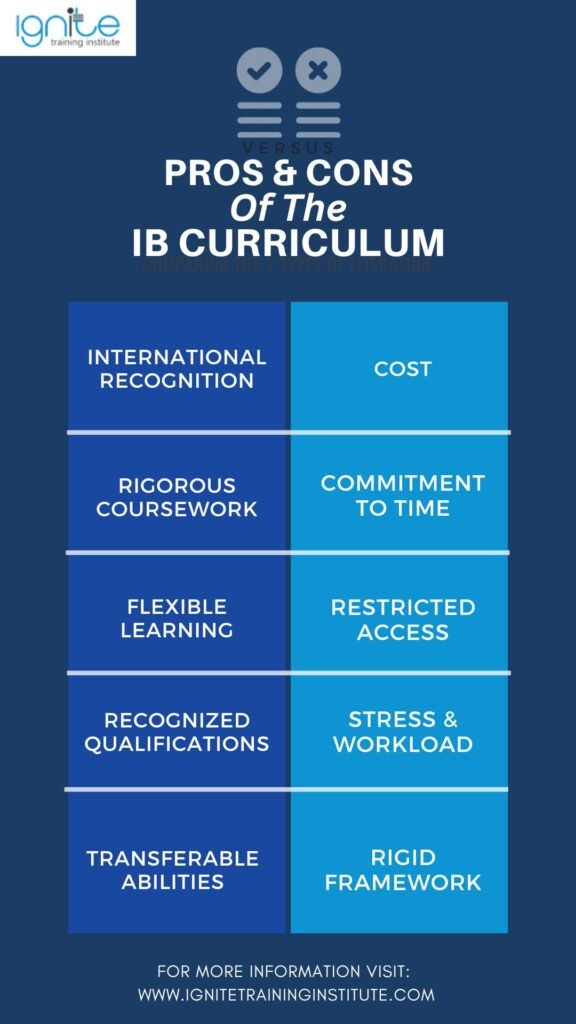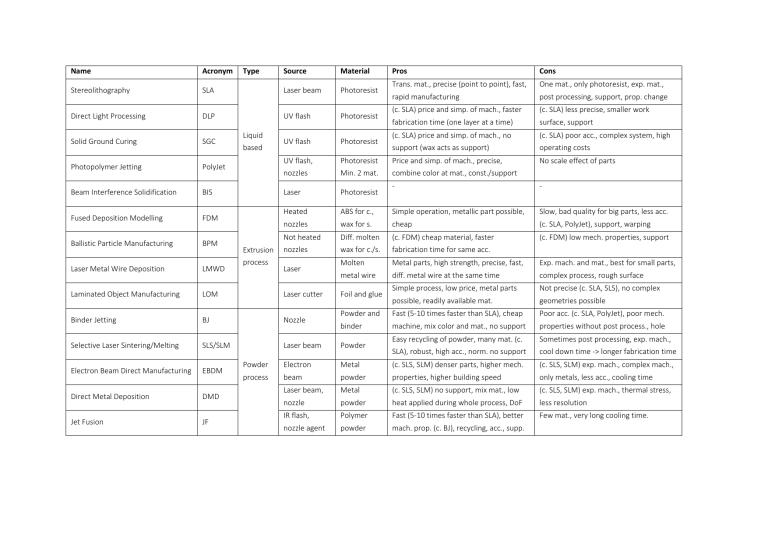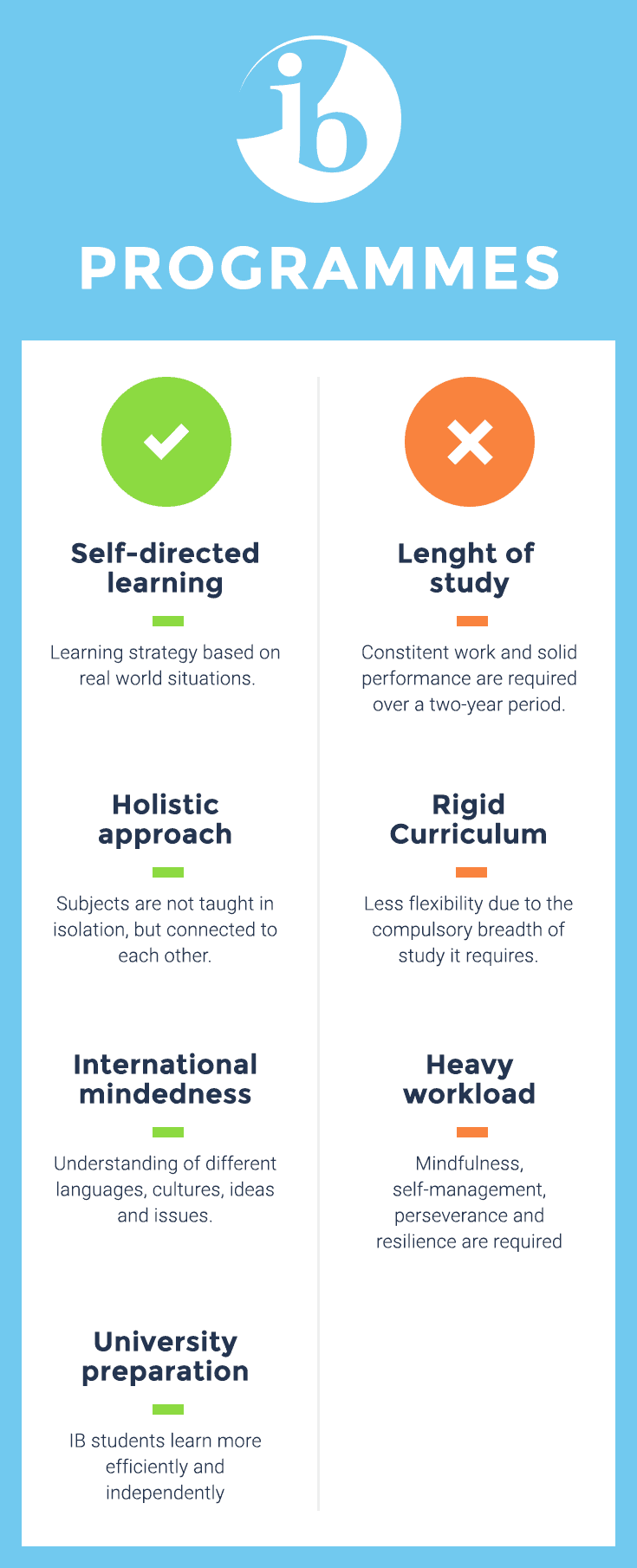
Pros and cons of crowdfunding
International Baccalaureate (IB) vs Cambridge Differences Difference 1: One of the main differences between IB and Cambridge is the core content. The IB program allows for universal knowledge, topics and content to be studied. Contrarily the Cambridge curriculum is specific to that of the English National Curriculum.

IB Program Pros & Cons 10 Facts You Must Know
Cons Of The IB Programme: 1. Cost. The International Baccalaureate (IB) curriculum involves additional payments for exams, books, and other resources, so it can get expensive at times. However, you can also seek free resources or take external help from institutions that offer full academic support for IB. 2.

A 4Day Working Week The Pros and Cons IB Insider
Pros. 1. Subject variation. With an IB you will study a wide range of subjects including languages, sciences, mathematics and the arts. This will support you to develop all round knowledge on a wider level of subjects than if you were studying science A-levels in Physics, Biology and Chemistry or Art A-levels in History, Music and Sociology.

25 IB Program Pros and Cons Conquer Your Exam
So, with all the pros and cons of the IB program, it's a choice that can propel you toward a future filled with knowledge, success, and endless possibilities. 1. Get into a Rigorous Academic Curriculum. Based on what the IB program generally considers, its challenging curriculum is undeniably one of its most significant advantages.

Pros And Cons Of Offshore Hosting / If you are in the united states of
List of the Pros of the IB Program. 1. Your education receives global recognition. This advantage is one of the most significant for the IB program. When you attend a school that is authorized to teach in the International Baccalaureate structure, then you are receiving an education that will instantly place you on the global stage for.

Is IB Worth It? (IB Program Pros and Cons Explained)
UK: +44 (0)207 3856795; HK: +852 62194047. Summarising the positives and negatives of the IB system, students will find themselves better informed to know whether or not to pursue this curriculum. From the recognition of the qualification to the tough workload, it's important to balance out each factor based on what is important to you.

Pro and Cons of Allowing Companies to Amass Personal Data for
Benefits of the IB. The IB enables students to direct their own learning pathway and develop the skills and confidence they need to thrive and make a lasting difference. It empowers teachers as the architects of learning excellence, working alongside engaged colleagues in a rewarding career supported by a strong global network. And it brings.

IB Program Pros & Cons 10 Facts You Must Know
2.1 You can apply to any school in the world. IB is a program that prepares you for your university entrance, and one of biggest advantages of the IB is that by completing the diploma, you will be eligible to apply to universities in various countries around the world. As mentioned before, it is a globally recognized university entrance.

Pin on IB Curriculum/Ideas
What are the IB Pros and Cons? See full article: IB pros and cons Read the full answers from each IB Experts: KIS International SchoolBangkok, Thailand. The IB doesn't just teach students content or knowledge, but it also teaches them how to learn and how to think. Learning is based on real-world situations which not only makes it more interesting but also helps children understand the.

Pros and cons of the international baccalaureate (IB) The Week
Pros and Cons of Studying in IB curriculum - The IB is one such curriculum, for which students need to carefully contemplate beforehand, the impact that the chosen programme would have on their future study and career aspirations. This is because there are institutions that revere the IB curriculum, whereas there are others that don't.

Pros cons
Four Cons of the IB Program #1 - The IB program is expensive to implement. It costs about $10,000 in application fees to get a school considered for IB authorization, and that doesn't include the travel and other costs of sending the school's teachers and coordinators to specialized three-day professional-development courses, which cost.

Learning About Pros & Cons Is A Great Decision Making Skill
As said, IB is a very demanding and content-heavy course, which makes students deal not only with coursework and assignments from the 6 mandatory subjects, but also with numerous essays, presentations, and projects from the three core components: EE, TOK, and CAS. IB Pros and Cons Infographic. Read What IB Experts say

Should you be an IB student? Here are the pros and cons to help you
International Baccalaureate (IB) Program Pros: Global Perspective: At the heart of IB is international-mindedness. Schools like the Connecticut IB Academy emphasize the importance of understanding and integrating diverse cultures into the learning process.; Holistic Development: Beyond academic excellence, IB fosters creativity, active participation in sports, and community service.

Pin on Study hacks
The Pros of the IB Program. 1. Global Recognition. You can't go past the most obvious point in the IB's favour - the international aspect. The IB Diploma Program is recognised by all leading universities, which instantly puts you on the world stage and contextualises your application. Regardless of where you sit your IB exams, the results.

A 4Day Working Week The Pros and Cons IB Insider
The Pros of IB Program. IB may be difficult, expensive, and time-consuming, but there are advantages that make the program worth it for those who love more challenging and technical courses.. The Cons of the IB Program . The following are the drawbacks of the IB program: IB Has Difficult Classes. The consensus is that IB classes are.

International Baccalaureate Pros Vs Cons World Schools
Pros and Cons of the IB Program. When it comes to taking college-level classes in high school, students can choose between the IB and AP. Each one of them has its own set of pros and cons, which is why one is more suited for certain types of high schoolers, and the other is more ideal for other types of college-bound teens..